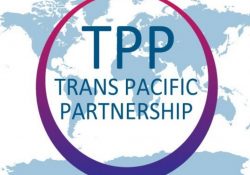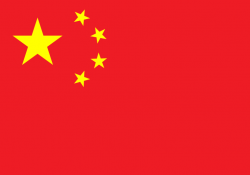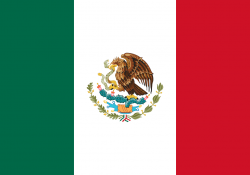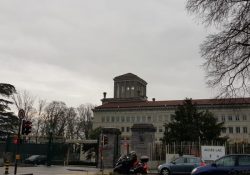Intellectual Property Appellate Board (Chennai) dismisses Bayer’s request for a stay on compulsory license for sorafenib
On 12 March 2012 the Controller General of Patents,Designs & Trademarks of India issued an order granting a compulsory license under Section 84 of the Patents Act (1970) to Natco in patent number 215758 granted to Bayer covering the anti-drug sorafenib toslyate. KEI filed an affidavit in this compulsory licensing dispute involving Natco and Bayer. Following the issuance of a compulsory license, Bayer requested the Intellectual Property Appellate Board (IPAB) to issue a stay on the compulsory license.




